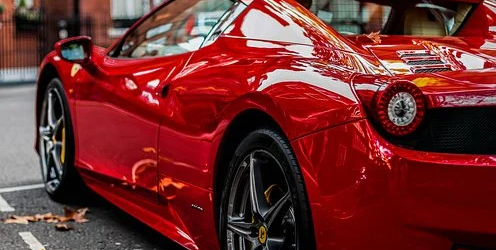Partnered Post
One of the major reasons people choose to buy new cars is that they do not need repeated servicing, and at the moment, car sales are on the rise after the slump last year due to the economic impact of Covid-19. New cars do not need frequent repairs. This means that they can go up to 200,000 miles when kept well. Here are some simple tips to keep your new vehicle running smoothly.
Check the brakes
The brakes are one of the primary safety features in your car. Any damage or malfunction can prove to be disastrous. So ensure that you check your brakes regularly when you send your car into the shop for routine maintenance. Get a mechanic to remove the wheels and have the brake system checked comprehensively at least twice a year. Replace all worn pads and get rid of any scored rotors or bad-looking drums.
Check the engine oil
Check your engine oil at least once a month to keep your car in good condition. As soon as you notice a leak, you should replace the oil. If the oil level is low, top it up. When checking the engine oil, make sure that your car is parked on level ground. Remember not to fill the engine with oil past the indicated limit.
Check tire air pressure
Your car’s tire pressure will determine if you will have a smooth drive or not. So at least once a month and before you embark on any road trip, be sure you check it. Make sure you use an accurate tire pressure gauge when checking the tire’s inflation pressure, including the spare. The best time to get an accurate reading before the car is driven the first time in a day. When checking for tire pressure and filling it up with air, always go with the manufacturer’s recommendations. Also, replace the tires immediately you notice uneven wear, cuts, and bulges in the sidewalls.
Don’t forget the exhaust system
The exhaust system runs underneath your car. So if you can, make under-car inspections yourself. But if not, get your car to a mechanic to check it out. All the rusted parts of the exhaust should be cleaned and replaced and tight clamps should be loosened to improve the flow. Whenever you are driving, pay attention to the sounds the exhaust makes. It is advisable to change the entire exhaust system rather than replace it in parts.
Other things to do
Battery terminals should remain securely fastened to their ports, and there should be no signs of corrosion. Also, check the air filter; you can remove the component and hold it up to ample light. If you are unable to see through it, replace it. Prevent your car from potentially overheating by cleaning the radiator and removing any debris. You can also use a detergent-based solution to wash the exterior of the radiator. Frequently wash your car and take time to get rid of dirt and road salt underneath the car by hosing it with water.

